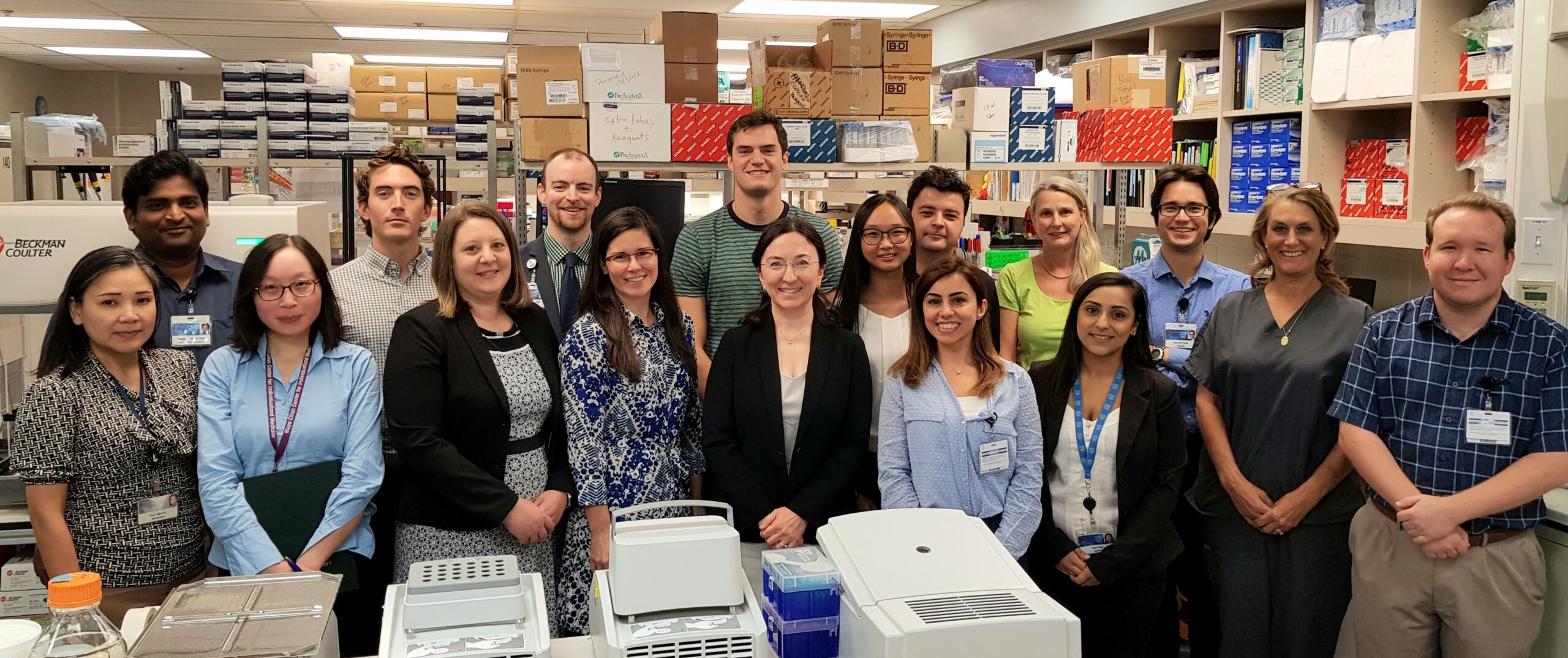Expanding Representation of Alzheimer’s Disease Data with Diverse Cohorts
By Zoë Leanza
A new release from the AD Knowledge Portal contributed genomic and transcriptomic data from underrepresented communities to researchers that study Alzheimer’s disease. Known as the Diverse Cohorts Study, the contribution broadens the scope of available data to include data from more than 500 African American and Latino American individuals with AD.
“Alzheimer’s disease affects individuals from African American and Latino American backgrounds twice and one-and-a-half times as frequently as it affects white populations, respectively” said Dr. Nilüfer Ertekin-Taner, physician scientist, neurologist, neuroscientist, and Chair of Department of Neuroscience at Mayo Clinic and co-PI of the Diversity Initiative.

Dr. Nilüfer Ertekin-Taner
While these populations are disproportionately at risk for Alzheimer’s disease, they are vastly underrepresented in the existing research. “This leads to a major knowledge gap,” Dr. Ertekin-Taner explained, “and we really need to be studying not only non-Hispanic white patients and brain donors, but also individuals from other backgrounds.”
Part of the Accelerating Medicines Partnership Program for Alzheimer’s Disease (AMP-AD) Diversity Initiative, the cross-team project aims to harmonize data from several studies, including the Minority Aging Research Study (MARS), Religious Orders Study (ROS), and Memory and Aging Project (MAP). Additional data also come from archival brain banks at the Mayo Clinic, Mount Sinai, the University of Florida, Banner, Emory, Columbia, New York, and the Biggs Institute.
Generating these harmonized datasets from diverse human cohorts requires meticulously stitching together different sources of biospecimens and identifying commonalities across all datasets and teams, in order to perform deep multi-omic analyses.
“Once we recognized our shared goal of unraveling the complexity of Alzheimer’s disease – for all of us – the differences became easier to surpass,” said Dr. Ertekin-Taner.

The lab of Dr. Nilüfer Ertekin-Taner
The dataset, released in June 2023, provides post-mortem whole genome sequencing and brain bulk RNA sequencing data from three different brain regions, selected for their levels of pathologic burden in Alzheimer’s disease.
With roughly equal representation of sex, age, and neurologic diagnoses, the dataset is the first of its kind to profile African American and Latino American brain cohorts to this extent. With additional harmonized clinical phenotypes and ‘omics data forthcoming, the research community can begin to leverage these data together with other cohorts.
“There are many other populations and many other backgrounds to study,” Dr. Ertekin-Taner said, “but this is an exciting beginning to the many biological insights we need to uncover to understand all of Alzheimer’s disease.”
Additional information
Science is collaborative. In addition to the researchers mentioned, researchers within Dr. Ertekin-Taner’s Genetics of Alzheimer’s Disease and Endophenotypes Laboratory and the Mayo Clinic Department of Neuroscience contributed to this work.
